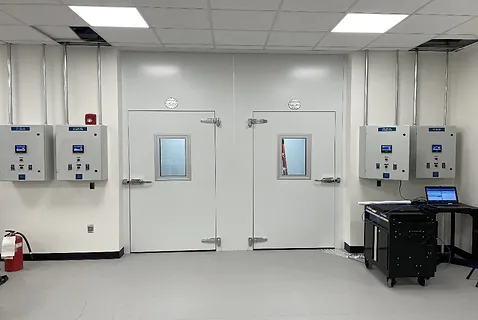Innovative Solutions for Commercial Refrigeration and Catering Equipment for Your Business Needs
The Importance of Refrigeration in the Catering Equipment Industry
In the fast-paced world of catering, where food quality and safety are paramount, refrigeration plays a crucial role. Catering companies rely heavily on efficient refrigeration equipment to ensure that the food they serve remains fresh, safe, and of high quality. This article explores the significance of refrigeration in the catering equipment industry and its impact on food service.
The Role of Refrigeration in Catering
Refrigeration is essential for preserving perishable food items. In the catering business, chefs often work with a variety of ingredients, from fresh produce to dairy products and proteins. Each of these food items has specific storage requirements to maintain their quality and safety. Refrigeration helps to slow down the growth of bacteria and other pathogens that can cause foodborne illnesses. By keeping food at appropriate temperatures, catering companies can ensure they are serving meals that are not only delicious but safe for consumption.
Types of Refrigeration Equipment
The catering industry utilizes a wide range of refrigeration equipment, from commercial refrigerators and freezers to refrigerated display cases and blast chillers. Each type of equipment serves a unique purpose in the food preparation and storage process.
1. Commercial Refrigerators and Freezers These are the backbone of any catering kitchen. Available in various sizes and configurations, they provide ample storage for bulk ingredients and prepared dishes. Commercial freezers are particularly important for storing frozen goods, allowing caterers to buy in bulk and reduce waste.
refrigeration catering equipment company

2. Refrigerated Display Cases These units are used in catering venues where food is displayed for guests, such as buffet setups. They not only keep food at safe temperatures but also enhance the presentation, making the dishes more appealing to customers.
3. Blast Chillers Essential for large-scale catering operations, blast chillers rapidly cool cooked food, bringing it down to safe temperatures quickly. This process not only preserves texture and flavor but also helps in maintaining food safety.
Energy Efficiency and Sustainability
As the catering industry becomes more environmentally conscious, the demand for energy-efficient refrigeration solutions is on the rise. Modern refrigeration equipment is designed to consume less energy while maintaining optimal performance. Many manufacturers are now focusing on eco-friendly refrigerants that have a lower environmental impact, thereby contributing to sustainable catering practices.
Investing in energy-efficient refrigeration not only benefits the environment but also reduces operational costs for catering businesses. By utilizing advanced technologies such as smart controls and thermal insulation, companies can lower their electricity bills and improve their overall profitability.
Conclusion
In conclusion, refrigeration is a vital component of the catering equipment industry, ensuring the freshness and safety of food served to customers. With advancements in technology, catering businesses can access a variety of refrigeration solutions that meet their specific needs while prioritizing energy efficiency and sustainability. As the industry continues to evolve, the importance of reliable refrigeration equipment will remain a fundamental aspect of successful catering operations. Investing in quality refrigeration not only enhances food safety and quality but also represents a commitment to excellence in service, ultimately leading to greater customer satisfaction.
















































































































